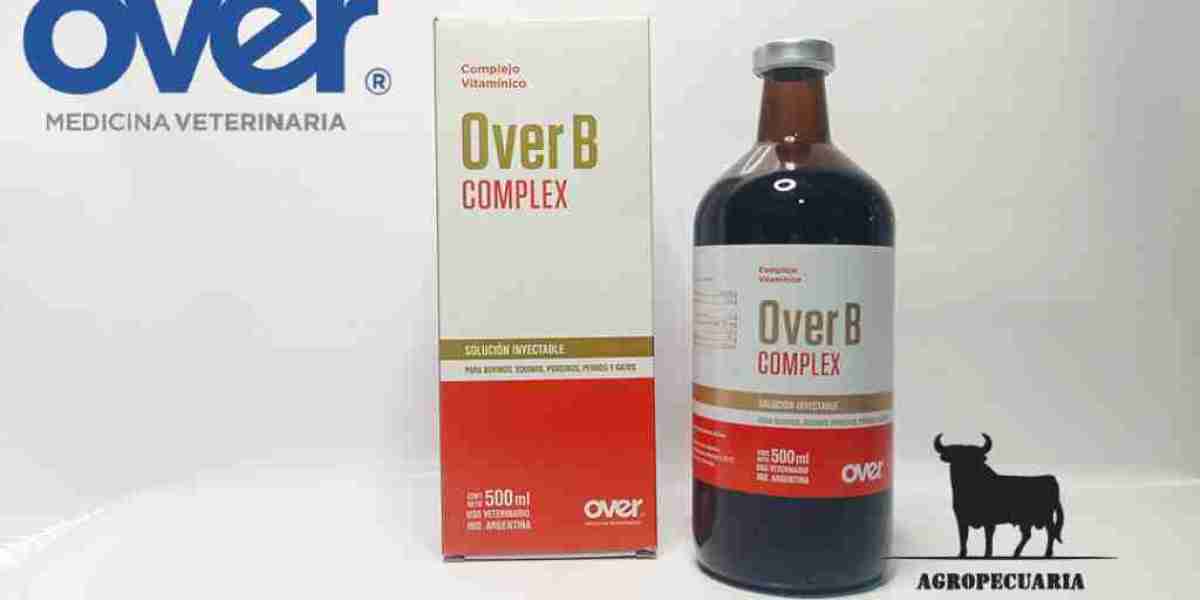Diferencias y beneficios entre el colágeno hidrolizado y el colágeno | #gelatina para bajar de peso
לְגַלוֹת פוסטיםחקור תוכן שובה לב ונקודות מבט מגוונות בדף Discover שלנו. חשוף רעיונות טריים והשתתף בשיחות משמעותיות
Cuántas calorías tiene la gelatina: propiedades y beneficios | #gelatina para bajar de peso
Requerimientos diarios de proteínas Nutrición y salud. CUN | #enfermagem ou radiologia
Propiedades de la gelatina y beneficios para la salud | #gelatina para bajar de peso
7 consejos para ser ecológico al hacer deporte en la naturaleza | #carros automáticos usados
Passion Fruit Brigadeiro Recipe The Perfect Summer Fudge | #brigadeiro gourmet marrara
Los 7 sorprendentes beneficios del romero para tu salud: así combate estas enfermedades | #gelatina para bajar de peso





